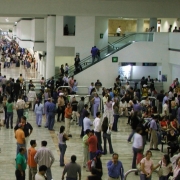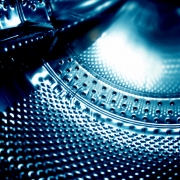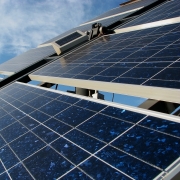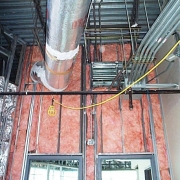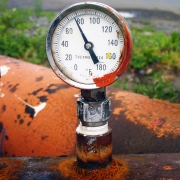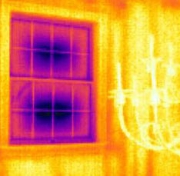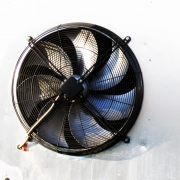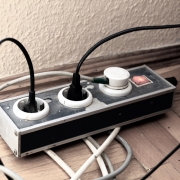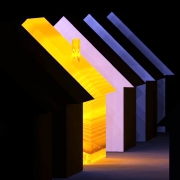Controlling Building Ventilation: CO2 Sensors
Carbon dioxide (CO2) is a by-product of human respiration. Each time we exhale, CO2 is released into the atmosphere around us. Currently, CO2 sensors can be used to automatically control ventilation systems in buildings equipped with Building Automation Systems (BAS). This is referred to as Demand Control Ventilation (DCV).
